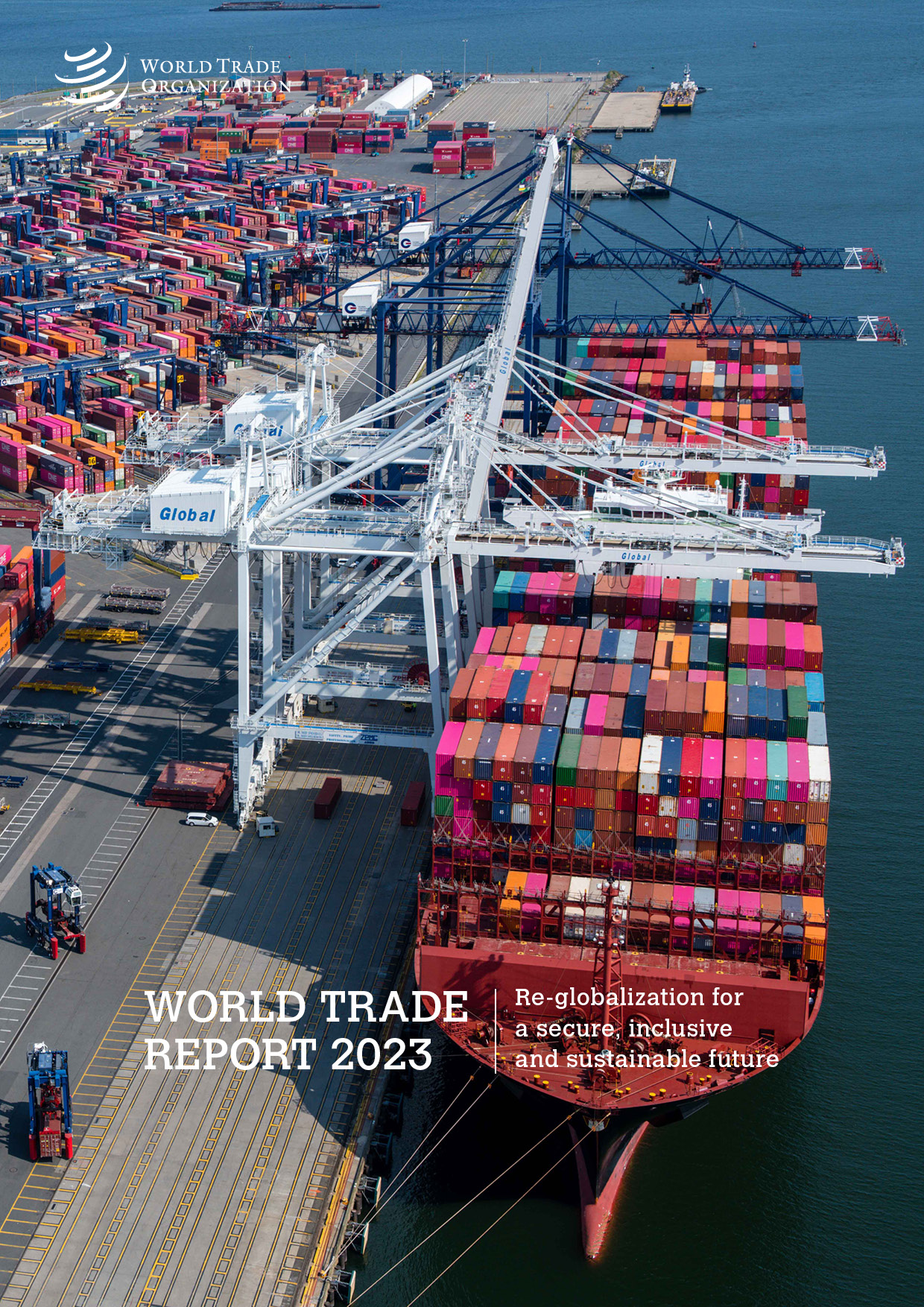- Home
- Books
- World Trade Report 2023
- Chapter
Introduction

- By: World Trade Organization
- Source: World Trade Report 2023 , pp 16-23
- Publication Date: January 2024
- DOI: https://doi.org/10.30875/9789287074102c006
- Language: English
The ideas that shaped today’s globalized world were a response to the disastrous deglobalized world of the first half of the 20th century. Having seen how a closed and divided world economy contributed to economic depression, conflict and ultimately the Second World War, the post-war architects resolved to build an open and integrated world economy instead. Freer trade would deliver shared growth and development. Economic interdependence would give countries a stake in each other’s success. International rules and institutions would promote stability, trust and collaboration. The antidote to zero-sum economic nationalism was positivesum global economic cooperation.
© World Trade Organization
Ebook ISBN:
9789287074102
Book DOI:
https://doi.org/10.30875/9789287074102
-
From This Site
/content/books/9789287074102c006dcterms_subject,pub_countryId-contentType:WorkingPaperSeries -contentType:Periodical -contentType:BookSeries -contentType:ReportSeries105
/content/books/9789287074102c006
dcterms_subject,pub_countryId
-contentType:WorkingPaperSeries -contentType:Periodical -contentType:BookSeries -contentType:ReportSeries
10
5


